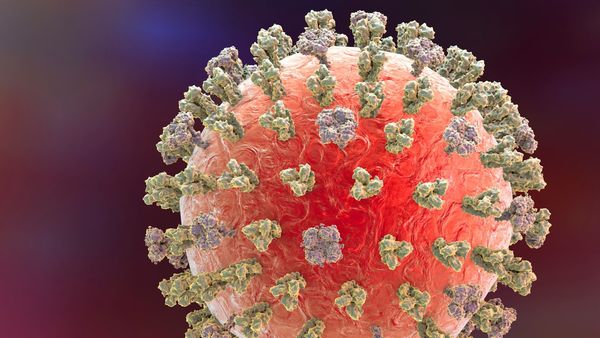
Copenhagen (AFP) - Denmark's left-wing bloc led by Prime Minister Mette Frederiksen appeared to take the lead in Tuesday's general election but without a majority, exit polls showed, setting the new centrist Moderate party up as likely kingmaker.
Exit polls published by broadcasters DR and TV2 gave the left-wing "red" bloc between 85 and 86 of the 179 seats in parliament.
Meanwhile the "blues" -- an informal liberal and conservative alliance supported by three populist parties -- were forecast to take between 72 and 73 seats.
Four seats belong to the overseas autonomous territories Greenland and Faroe Islands, with three expected to go to the red bloc and one to the blues.
If neither side wins a majority, each would need the backing of the Moderates -- a party founded only earlier this year by two-time prime minister Lars Lokke Rasmussen and which was credited with 17 seats -- to form a government.
Polling at barely two percent of voter support two months ago, the Moderates were seen winning more than eight percent in the election.
"We will...do our outmost to be the bridge, that's the whole idea behind this," Lokke Rasmussen told AFP after casting his ballot in central Copenhagen on Tuesday, insisting he had no intention of becoming prime minister again.
His deputy, Jakob Engel-Schmidt, meanwhile called for the creation of a broad government spanning left to right.
"We're hoping for a government with the Liberals (Lokke Rasmussen's former party), the Social Democrats and the Moderates," Engel-Schmidt told DR after the exit polls were published.
Both the left and the right have made repeated appeals to Lokke Rasmussen, who campaigned on reforming the healthcare system.
Frederiksen has floated the idea of a coalition government, led by herself, and has said she is willing to discuss healthcare reforms.
Liberal Party leader Jakob Ellemann-Jensen, her main challenger on the right, has called for Lokke Rasmussen to align with his former party colleagues.
'Mink crisis'
The election was triggered by the "mink crisis" that has embroiled Denmark since the government decided in November 2020 to cull the country's roughly 15 million minks over fears of a mutated strain of the novel coronavirus.
The decision turned out to be illegal, however, and a party propping up Frederiksen's minority Social Democrats government threatened to topple it unless she called elections to regain the confidence of voters.
The election campaign was dominated by climate concerns, inflation and healthcare.
"Climate issues and psychiatry (mental health issues), but mostly climate, are the reasons behind my vote," 46-year-old Lone Kiitgaard told AFP after casting her ballot in central Copenhagen on Tuesday, without disclosing who she voted for.
"This election could be really close and there is a risk that there will be a blue government after today," Frederiksen admitted after she voted at a badminton centre-turned-polling station northwest of Copenhagen.
Nikolaj Sommer, editor of Danish business daily Borsen, told AFP he made his choice after studying the parties' economic programmes.
"That we are not actually stimulating inflation in Denmark, I think that's a very important thing for me.And of course the Danish welfare system and how we're going to run it in the long run," the 47-year-old journalist said.
Protective of the prosperity and social cohesion of the Nordic welfare state, Denmark championed ever-stricter migration policies for over 20 years.
Climate concerns
Advocating a "zero refugee" policy, the Social Democrats government is working on setting up a centre to house asylum seekers in Rwanda while their applications are processed.
As most parties back the restrictive policies, the issue is rarely up for debate.
Climate, on the other hand, is of great concern to Danes.
On Sunday, some 50,000 people, including the prime minister, gathered for the "People's Climate March" in Copenhagen.
But while there is widespread agreement on some issues, Denmark's political landscape is splintered with a total of 14 parties vying for the 179 seats.
Voter turnout is traditionally high in Denmark.In the 2019 election, 84.6 percent of some 4.2 million eligible voters cast a ballot.







